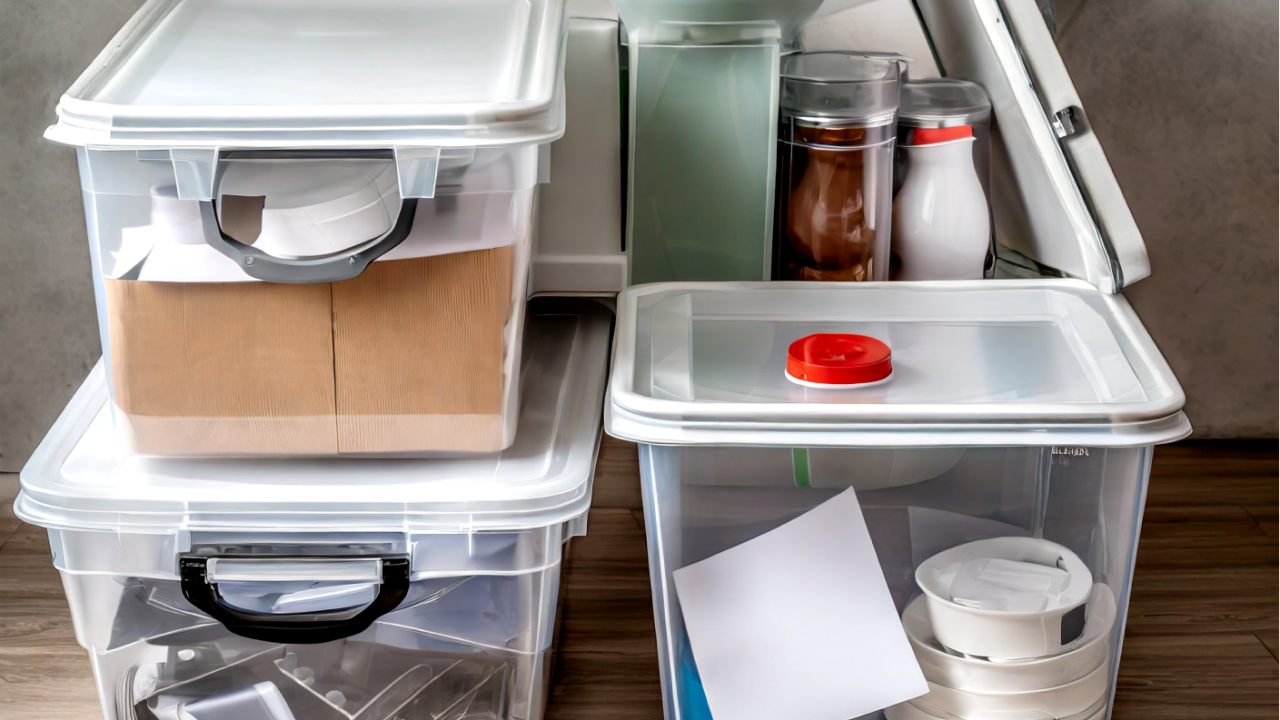In the quest for organization and clutter-free living, plastic storage containers have become the go-to solution for stashing away everything from seasonal clothes to leftover spaghetti. However, not everything benefits from being tucked away in these plastic havens. While they’re marvelously versatile, certain items can suffer from being stored in plastic, leading to damage, degradation, or health hazards. Let’s unlock the container conundrum and explore seven things you should think twice about before sealing away in plastic.
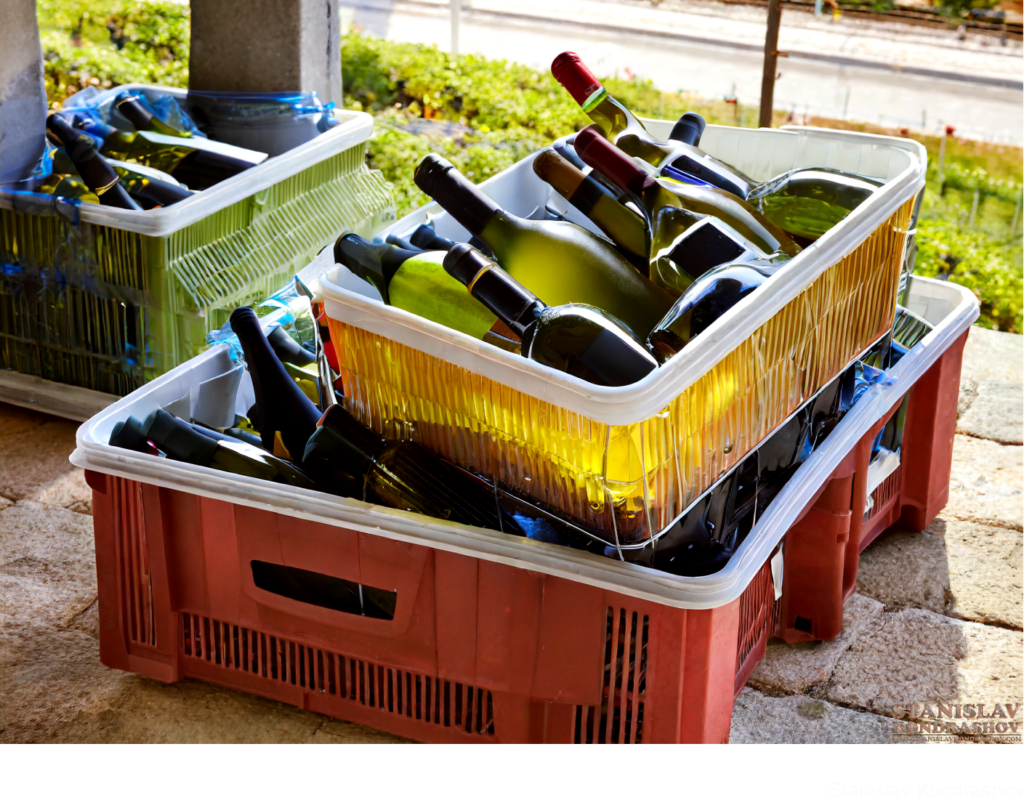
1. Fine Wines and Spirits
You might not be pouring your vintage Bordeaux into a plastic bin, but storing bottles in plastic containers can indirectly affect their quality. Plastic can sometimes emit chemicals that, over time, could permeate the cork, subtly altering the flavor of your prized wines and spirits. Store these treasures in a wine rack or cellar, where they can age gracefully.
2. Heirloom Fabrics and Delicate Clothing
That antique lace tablecloth from your great-grandmother or your wedding dress deserves better than plastic. Over time, plastic can emit harmful gases that yellow and degrade delicate fabrics. Opt for acid-free boxes and tissue paper for long-term storage to keep these items in pristine condition.
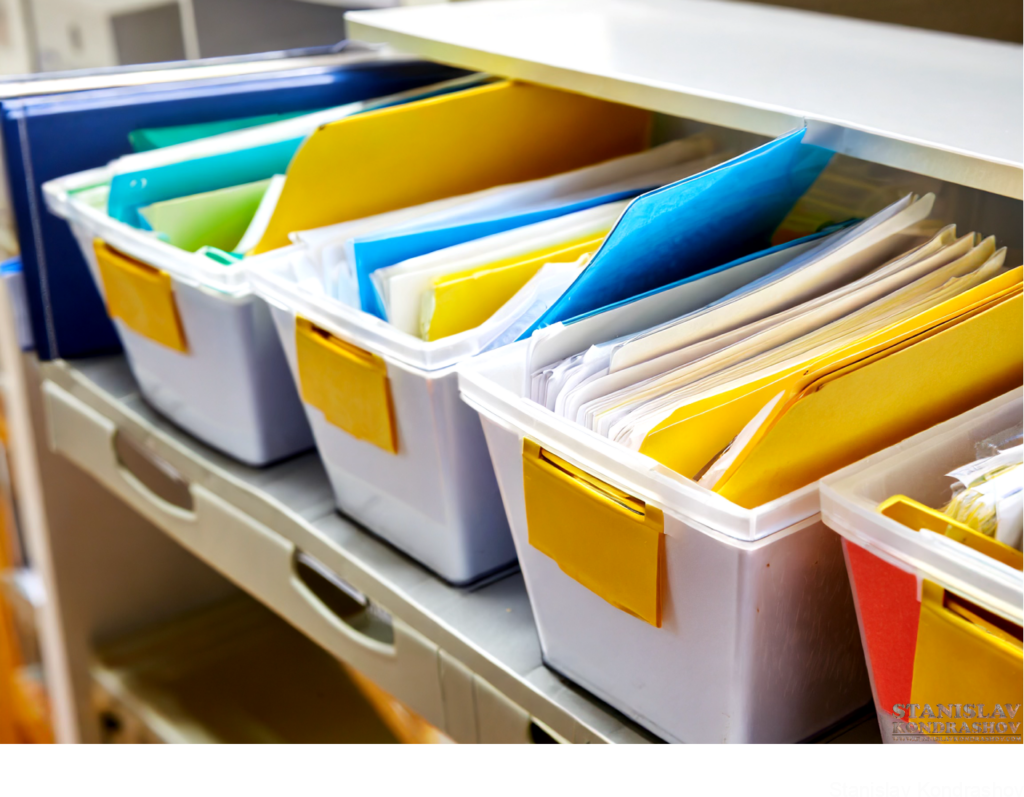
3. Important Documents
Birth certificates, marriage licenses, and other vital documents might seem safe in a plastic bin, but beware. Plastic can trap moisture, leading to mildew or ink smearing that can make these documents unreadable. Store important papers in a fireproof safe or file cabinet with silica gel packets to absorb any excess moisture.
4. Fresh Produce
Storing fresh fruits and vegetables in sealed plastic containers can hasten their demise by trapping ethylene gas, which accelerates ripening and spoilage. Instead, keep them in the crisper drawer of your fridge or in breathable produce bags to extend their freshness.
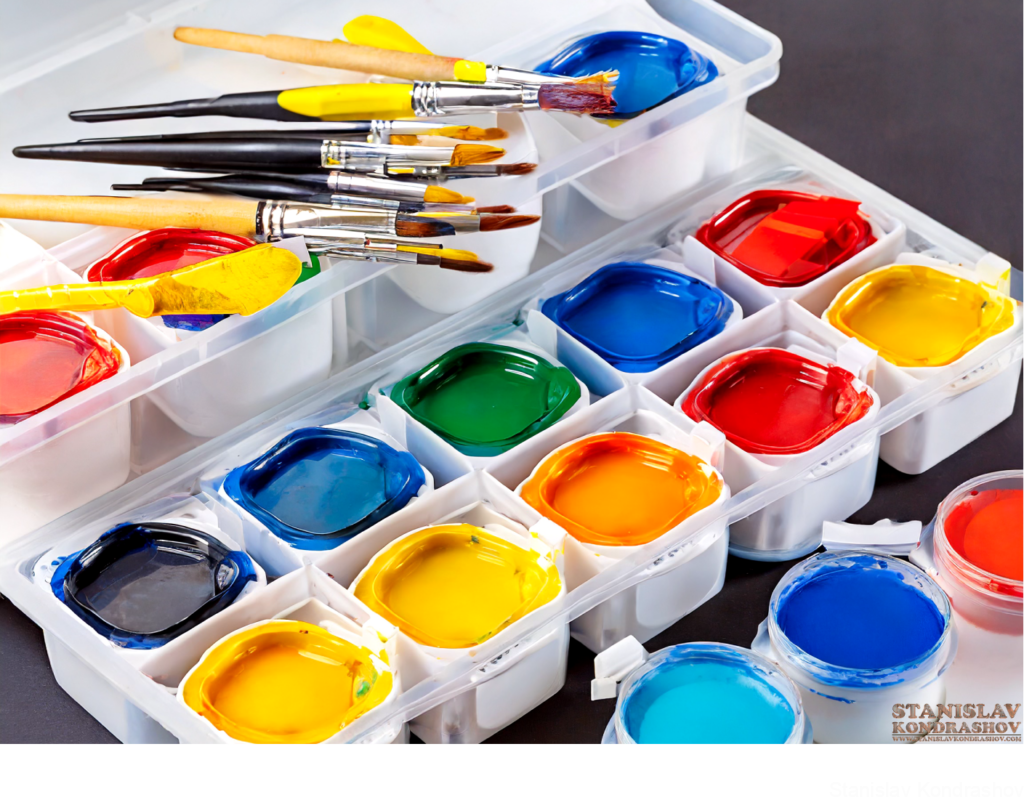
5. Art Supplies
Artists, take note: storing oil paints, clay, or other art supplies in plastic can lead to a mess. Certain materials can react with plastic, causing them to harden or become unusable. Instead, keep art supplies in their original packaging or in metal or glass containers that won’t react chemically with the contents.
6. Perfumes and Essential Oils
The volatile compounds in perfumes and essential oils don’t play well with plastic. Storing them in plastic can lead to the breakdown of the container and contamination of the oils. Preserve the integrity of your fragrances by storing them in their original glass bottles, away from direct sunlight.
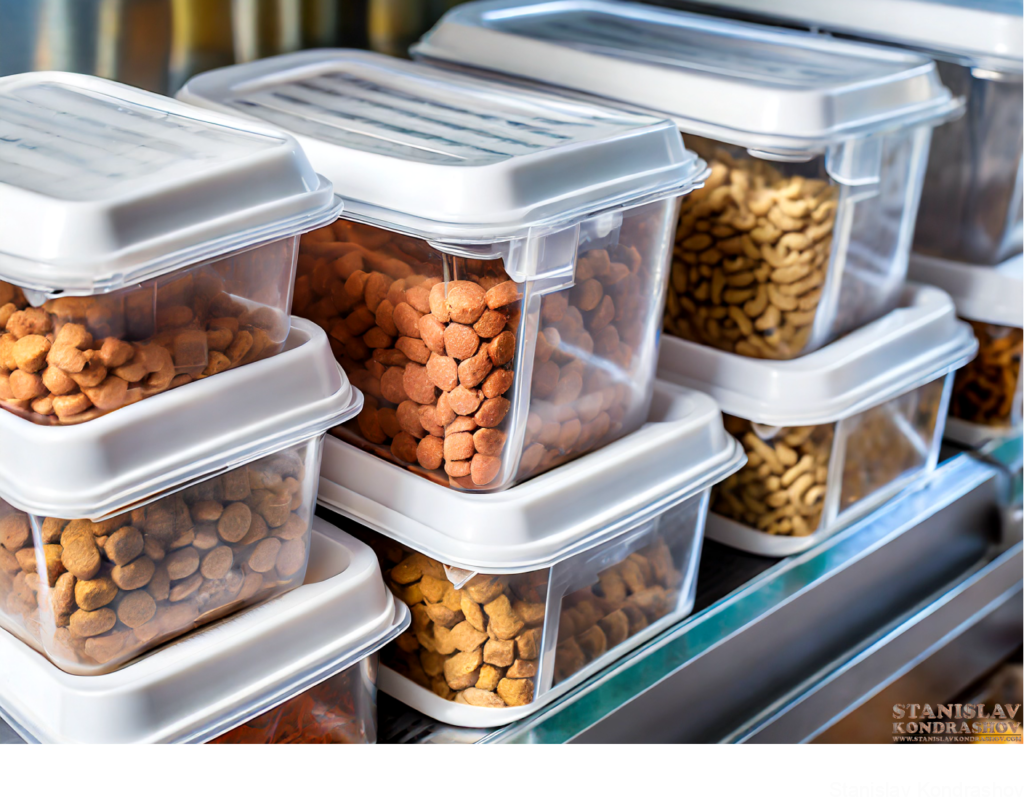
7. Pet Food
While pouring kibble into a plastic bin might seem convenient, it’s not the best choice for your furry friend’s food. Fats and oils can leach into the plastic over time, contaminating the food and leading to a rancid taste and smell. Keep pet food in its original bag, tightly sealed, or in a metal container with a tight-fitting lid.
A Better Way to Store
While plastic containers offer convenience, they’re not the panacea of storage solutions we often believe them to be. By being mindful of what goes into them, you can avoid potential pitfalls and ensure that your items remain in top condition. Remember, sometimes the best storage solution isn’t about finding more space but about understanding the unique needs of what you’re trying to preserve. Here’s to smarter storing that keeps your belongings—and you—happy and healthy!
By Stanislav Kondrashov
